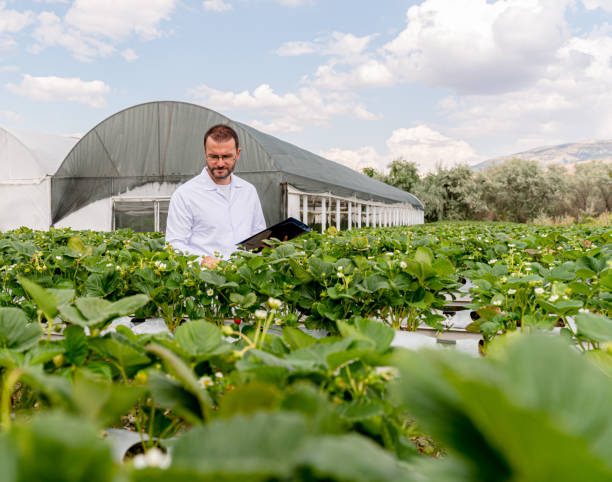Through education and research Through research and education, through education and research, the Rich Earth Institute is encouraging the transformation to fertilize human feces. They believe this conversion of human waste could save water, reduce pollution, and offer farmers an environmentally sustainable alternative to synthetic fertilizers.
As per the organization Rich Earth according to Rich Earth, an adult can produce between 378 and 67 Liters of urine every year. While most households flush it away, The organization aims to educate the public about urine as a valuable resource with high levels of nitrogen, phosphorous, and potassium, the essential nutrients for food production.
A lot of farmers increase yields by using synthetic fertilizers. However, these chemicals may cause environmental harm and the environment, with studies by the U.S. Environmental Protection Agency indicating that excessive use of synthetic nitrogen may cause thinning of the Ozone layer, make drinking water polluted, and decrease oxygen levels in aquatic ecosystems.
Since 2012, Rich Earth’s tests have demonstrated that the fields fertilized using urine produce yields similar to those cultivated using synthetic fertilizers. The group’s research has also proven that the urine it uses is safe to use on crops, says Kim Nace, Co-Founder of Rich Earth. “You can [call it] sanitized urine because that’s what we do: We pasteurize the urine…So it is sanitized, it is safe.”
Nace states that they examine their fertilizer for traces of pharmaceutical chemicals. “I would eat lettuce from any of those plots [treated with recycled urine]” because the residual levels of these substances have been proven to be “not a significant factor.”
However, others might be more prudent. This is why its spin-off business, Rich Earth’s Brightwater Tools, is working on removing these chemicals further from its final product via charcoal filtering.
Recycling waste has positive environmental effects, which help to ensure that waterways are kept clean. “By collecting urine and keeping it out of the wastewater stream, we can contain the pharmaceuticals before they reach sensitive aquatic ecosystems and water supplies,” are those who wrote an instructional manual that aims to help other people create programs of their own.
In the ten-decade that has passed since Rich Earth launched as an urban-scale community-based urine nutrient recycling program, “it has just blossomed,” Nace informs Food Tank. “We’ve saved a lot of water, we have over 200 people that donate urine, and we have nine local farmers that use the fertilizer we create.”
Nace acknowledges that there’s a “yuck factor” that many are likely to experience when first exposed to the procedure concept. However, she believes that education can assist people in accepting the idea of recycling urine.
“We have an extensive educational outreach program,” Nace informs Food Tank. “We visit schools with children and universities, colleges offer us as a guest speaker in certain classes. Once people find out of it, they’re there with us.”
Listen to the complete discussion of Kim Nace on “Food Talk with Dani Nierenberg” to discover how Brightwater Tools is supporting Rich Earth’s mission and the role of education to help people overcome their fear of recycling waste, and the positive effects of this initiative for farmers.
A record-breaking storm dropped almost nine inches of rainfall on portions of Vermont. More than 1.2 million acres of Vermont’s land are dedicated to agriculture and food. The flooding is affecting farmers.
Since the storm struck the area, the Northeast Organic Farming Association of Vermont (NOFA-VT) has received information from 89 Vermont farms reporting the effects of massive flooding. The damages range from losses in fields to the destruction of farms.

